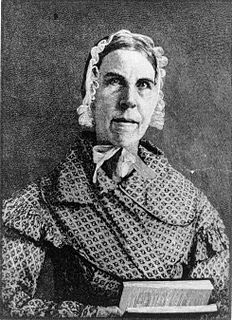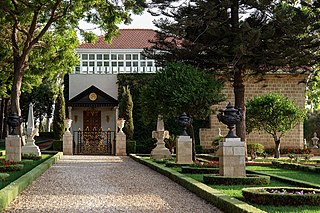A Quote by William Hazlitt
By conversing with the mighty dead, we imbibe sentiment with knowledge. We become strongly attached to those who can no longer either hurt or serve us, except through the influence which they exert over the mind. We feel the presence of that power which gives immortality to human thoughts and actions, and catch the flame of enthusiasm from all nations and ages.
Related Quotes
When you pray, you open yourself to the influence of the power which has revealed itself as love. The power gives you freedom and independence. Once touched by this power, you are no longer swayed back and forth by the countless opinions, ideas, and feelings which flow through you. You have found a center for your life that gives you a creative distance so that everything you see, hear, and feel can be tested against the source.
In actions of enthusiasm, this drawback appears: but in those lower activities, which have no higher aim than to make us more comfortable and more cowardly, in actions of cunning, actions that steal and lie, actions that divorce the speculative from the practical faculty, and put a ban on reason and sentiment, there is nothing else but drawback and negation.
In order to exert influence over people, there were other things that could be used besides love. Knowledge seemed to be an equally strong force, perhaps even stronger. Whoever possessed knowledge not only had power over the changeable passions of people, but also power over their thinking, over their minds, hearts and souls.
We must not listen to those who advise us 'being men to think human thoughts, and being mortal to think mortal thoughts' but must put on immortality as much as possible and strain every nerve to live according to that best part of us, which, being small in bulk, yet much more in its power and honour surpasses all else.
The Great Being saith: Human utterance is an essence which aspireth to exert its influence and needeth moderation. As to its influence, this is conditional upon refinement which in turn is dependent upon hearts which are detached and pure. As to its moderation, this hath to be combined with tact and wisdom as prescribed in the Holy Scriptures and Tablets.
Before His gaze all falsehood melts away. This encounter with Him, as it burns us, transforms and frees us, allowing us to become truly ourselves... His gaze, the touch of His heart heals us through an undeniably painful transformation "as through fire". But it is a blessed pain, in which the holy power of His love sears through us like a flame, enabling us to become totally ourselves and thus totally of God.
Books! The chosen depositories of the thoughts, the opinions, and the aspirations of mighty intellects; like wondrous mirrors that have caught and fixed bright images of souls that have passed away; like magic lyres, whose masters have bequeathed them to the world, and which yet, of themselves, ring with unforgotten music, while the hands that touched their chords have crumbled into dust. Books! they are the embodiments and manifestations of departed minds--the living organs through which those who are dead yet speak to us.
To be successful, a man must exert an effective influence upon his brothers and upon his associates, and the degree in which he accomplishes this depends on the personality of the man. The incandescence of which he is capable. The flame of fire that burns inside of him. The magnetism which draws the heart of other men to him.
The most effectual means of preventing the perversion of power into tyranny are to illuminate, as far as practicable, the minds of the people at large, and more especially to give them knowledge of those facts which history exhibits, that possessed thereby of the experience of other ages and countries, they may be enabled to know ambition under all its shapes, and prompt to exert their natural powers to defeat its purposes.
Let no one ever shy away from the claim that Jews have power, that Jews have influence. We have learned the terrible lesson of history; that unless we have influence and power, disproportionate to our small numbers - immoral results will occur. We need power. And we must continue to use our power. Power which we earned, power which no one gave us on a silver platter, power which we worked hard for - use that power in the interests of justice.




































